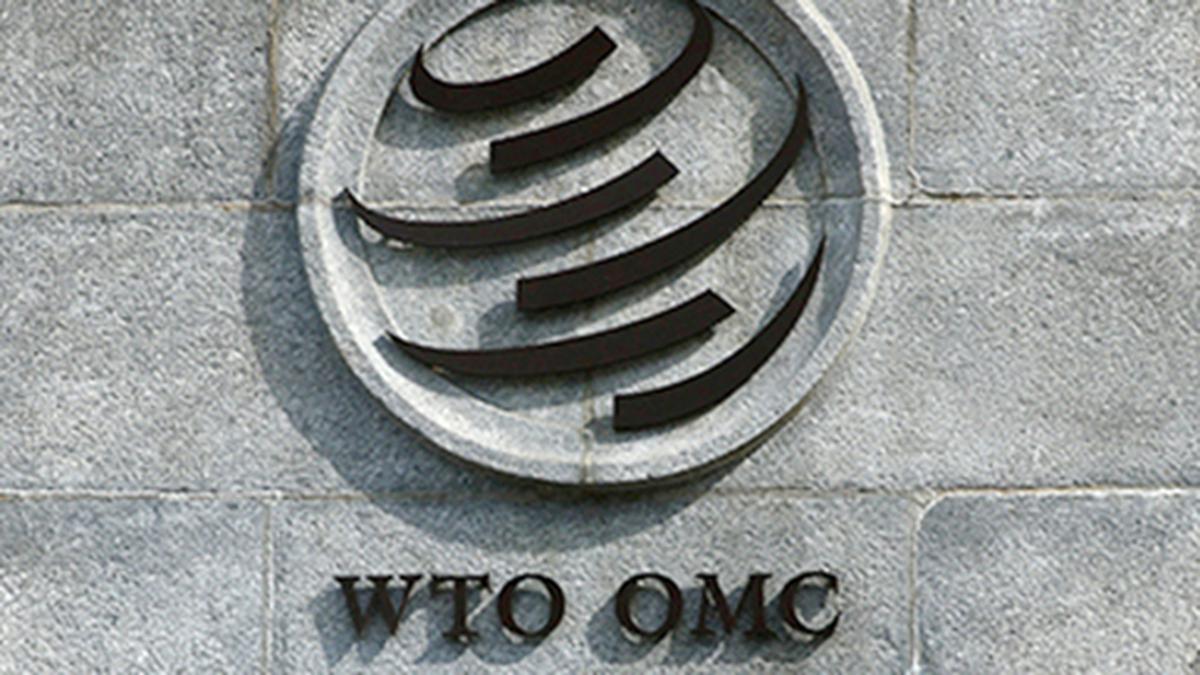News Highlight
World Trade Organization (WTO) panel rules against India in IT tariffs dispute with EU and others.
Key Takeaway
- A WTO panel stated that India had violated global trading rules in a dispute with the EU, Japan and Taiwan over import duties on IT products.
- According to a World Trade Organisation (WTO) panel, India violated global trading laws in a dispute over import tariffs on IT products with the European Union (EU), Japan, and Taiwan.
WTO Panel’s Ruling
- Overview
- The World Trade Organisation panel decided India breached global trade norms by applying these import taxes.
- The panel suggested that India bring these steps in line with its commitments.
- While the panel mostly supported India’s allegations, it rejected one of Japan’s arguments that India’s customs notification lacked “predictability.“
- Implications
- According to the European Commission, the EU is India’s third-largest commercial partner, accounting for 10.8% of overall Indian trade in 2021.
- The verdict may have ramifications for India-EU trade relations and Japan-Taiwan relations.
- India may be forced to reduce or eliminate the contested import taxes.
- It remains to be seen whether India will appeal the decision.
- If that happens, the case will be in legal limbo because the WTO’s top appeals bench is no longer operational due to US objections to judge selections.
How has the imposition of tariffs benefitted India?
- Significant investments were made, including those from Apple and Foxconn.
- With a valuation of 5277 crores in FY22, India overtook China as the world’s second-largest producer of mobile phones.
- In FY23, mobile phone exports surpassed $10 billion.
Possible Impacts of the Ruling on India
- Pressure to Withdraw the Tariffs
- The decisions in three different but related disputes brought forth by the EU, Chinese Taipei, and Japan will pressure India to lift the tariffs.
- Through a production-linked incentive programme, it aims to be a leader in electronics manufacturing.
- Trade relations
- The verdict may strain India’s trade relations with the European Union, Japan, and Taiwan, all of whom have lodged WTO complaints against India.
- Economic growth
- Import taxes were imposed to promote domestic production and create jobs.
- If import levies are eliminated, it may influence India’s ambitions to expand its manufacturing sector and lessen its reliance on imports.
- Revenue loss
- Eliminating import charges may result in a revenue loss for the Indian government, which has been collecting tariffs on IT items.
- Damage reputation
- If the verdict goes against India, it might harm the country’s reputation at the WTO and make future trade negotiations more difficult.
World Trade Organization (WTO)
- About
- It was established in 1995.
- The WTO is the successor to the General Agreement on Tariffs and Trade (GATT), founded after World War II.
- Its goal is to make commerce more fluid, free, and predictable.
- It has 164 members and accounts for 98% of global trade.
- It evolved due to trade discussions, or rounds, held under the GATT.
- GATT is a set of multilateral trade agreements to eliminate quotas and lower tariffs among contracting nations.
- The WTO’s regulations, or agreements, are the product of member talks.
- The current set is essentially the result of the Uruguay Round discussions from 1986 to 1994.
- It included a significant modification of the original GATT.
- The WTO Secretariat is based in Geneva (Switzerland).
- WTO Ministerial Conference
- It is the WTO’s highest decision-making body, meeting every two years.
- The MC includes all WTO members and can decide on any issues covered by multilateral trade agreements.
- Concerns
- Top WTO Appeals Officials are no longer working due to US resistance to judge selections.
- The situation underscores the WTO’s difficulties in settling trade disputes in the current global climate.
- Countries are progressively enacting protectionist policies and undermining the international commercial system based on norms.
Conclusion
- The panel suggested that India bring such steps in line with its duties.
- It remains to be seen whether India will appeal the decision.
- The case underlines the necessity of following global trading norms and the function of the WTO in settling trade disputes between countries.
Pic Courtesy: The Hindu
Content Source: The Hindu



